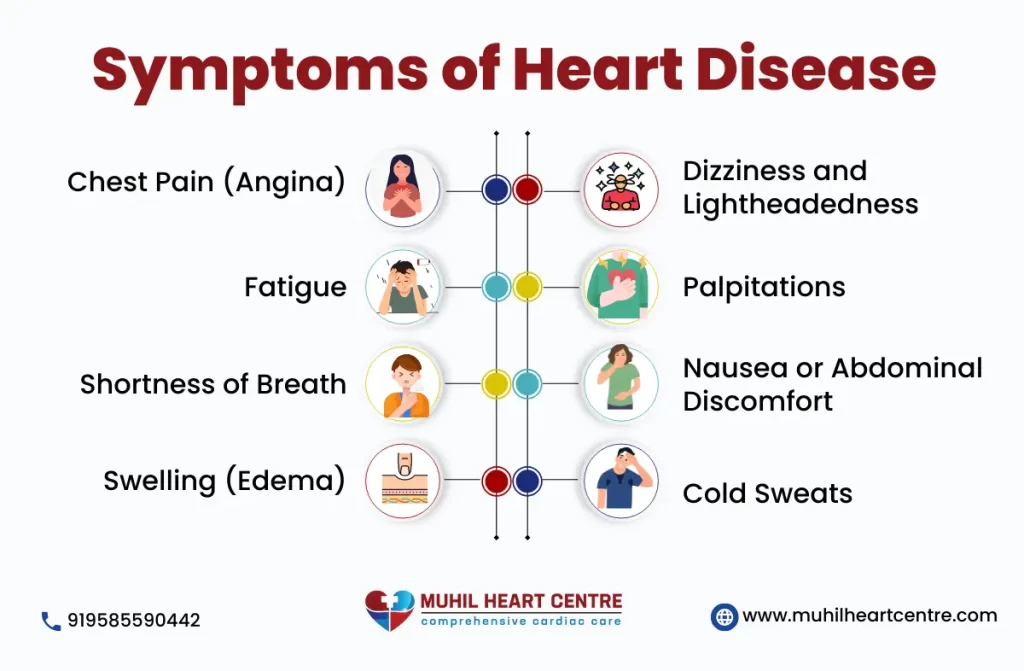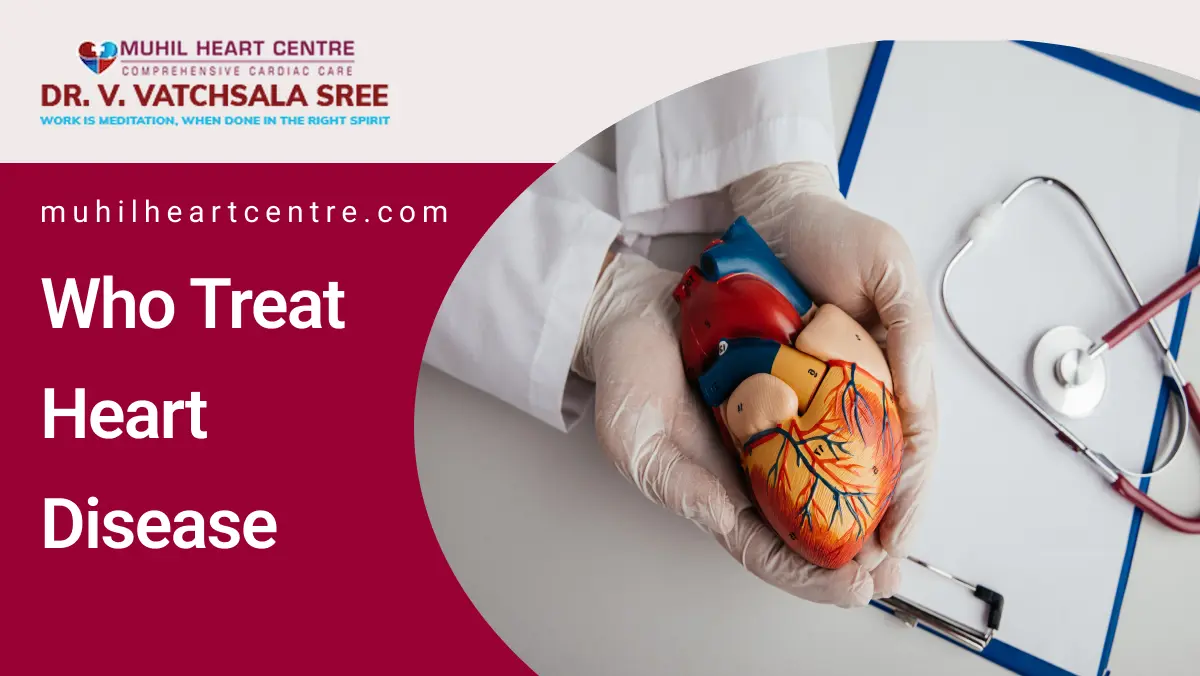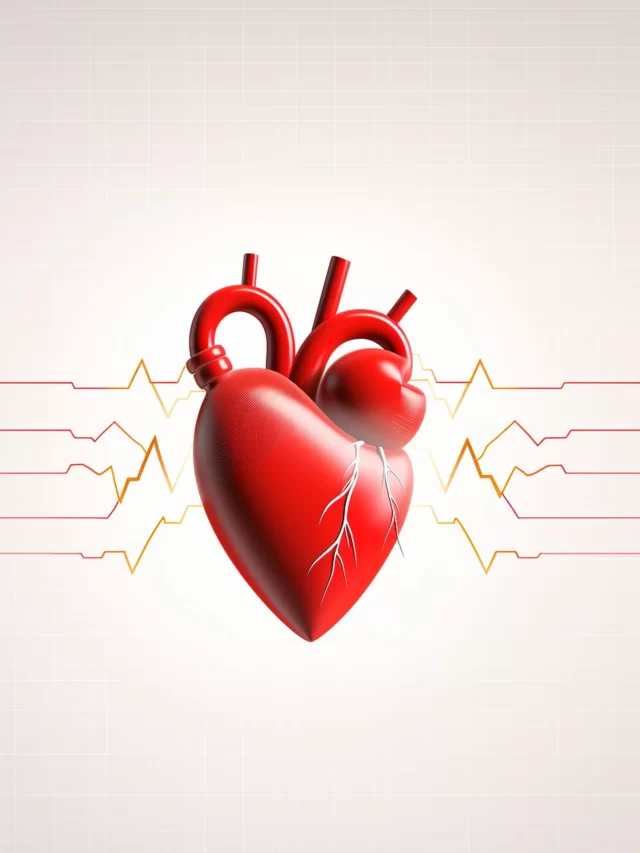Who Treat Heart Disease, when it comes to the intricacies of the heart, there’s no one more qualified to place your trust in than a cardiologist. These medical marvels are the true vanguards, dedicating their careers to preventing, diagnosing, and mastering the art of treating heart disease, the world’s foremost cause of mortality. Join us in this engaging journey as we delve deep into the pivotal role of cardiologists, exploring their areas of expertise and unravelling how they skilfully treat heart patients.
Who Treat Heart Disease
Here is an overview of the types of healthcare professionals involved in the treatment of heart diseas.

Cardiologists: The Heart’s Guardians
Cardiologists, the undisputed custodians of cardiovascular health, are physicians with an unwavering commitment to understanding and unravelling the intricate dance of the heart and blood vessels. Their extensive training equips them to diagnose and treat a gamut of heart-related conditions. These maestros of the heart possess a profound understanding of the inner workings of heart disease, enabling them to provide unparalleled and effective care to their patients
The cardiovascular system, an exquisite symphony of blood vessels and the heart, is the lifeline of the body, orchestrating the circulation of oxygenated blood to every nook and cranny. When issues arise, the consequences can be dire. Cardiologists are the seasoned navigators in the realm of these cardiac challenges, who treat heart disease head-on.
Prevention: Cardiologists as Health Advocates
While their expertise is unmatched in treating existing heart conditions, a cardinal facet of a cardiologist’s calling is prevention. They are not only adept at how to treat heart patients, but they also ardently advocate for heart-healthy lifestyles. Cardiologists are the beacons of wisdom when it comes to guiding patients on diet, exercise, and stress management, ultimately empowering individuals to steer the course of their heart health. They are the experts “who treat heart disease” and also serve as proactive advocates for prevention.
Prevention is the cornerstone of their philosophy, and their mission encompasses creating awareness about risk factors such as smoking, high blood pressure, and cholesterol levels. They apply their expertise to identify those at risk and craft personalised strategies to minimise the spectre of heart disease.
Diagnosis: The Quest for Precision
Cardiologists are consummate diagnosticians in the realm of heart-related conditions. Armed with a diverse array of diagnostic tools and techniques, they embark on an odyssey to decipher a patient’s heart health. From non-invasive methods like electrocardiograms (ECGs) and stress tests to more invasive explorations like cardiac catheterization, no stone is left unturned in their quest to uncover cardiac mysteries. They are the experts “who treat heart disease” and are also skilled diagnosticians, leaving no aspect of heart health unexamined.
Treatment: Cardiologists’ Expertise in Action
- Cardiologists are often synonymous with being the heroes in heart attack situations. But their repertoire extends far beyond emergency rescues. They masterfully navigate a spectrum of heart-related conditions, including but not limited to:
- Coronary Artery Disease (CAD): CAD, the most prevalent form of heart disease, is characterised by the narrowing of coronary arteries due to the buildup of plaque. Cardiologists employ a potent combination of medications, lifestyle tweaks, and procedures like angioplasty and stent placement to manage CAD. They are the experts “who treat heart disease” and employ their expertise to address conditions like CAD.
- Heart Failure: For heart failure patients, cardiologists meticulously optimize medications and advocate for essential lifestyle adjustments. They may also recommend implantable devices like pacemakers or defibrillators when the need arises.
The Ongoing Battle: Mastering How to Treat Cardiac Patient
The arsenal at the disposal of cardiologists is vast, allowing them to tailor treatment to the specific condition and the patient’s unique health profile. Here’s a glimpse of their approach to treatment. Cardiologists, the experts “who treat heart disease,” deploy a range of strategies to address various heart-related conditions:
1. Medications: For many patients, the first line of defence is medication. Cardiologists meticulously select and prescribe drugs that effectively manage heart disease and its symptoms.
2. Surgery: For the most critical cases, surgery emerges as the hero in the journey of how to treat heart patients. Cardiologists work hand in hand with cardiothoracic surgeons to chart the optimal surgical path. Common heart surgeries such as coronary artery bypass grafting (CABG) and valve repair or replacement are executed with precision.
Conclusion
Cardiologists are the titans “who treat heart disease,” fearlessly confronting heart disease, standing tall as the unyielding sentinels against one of the world’s most formidable adversaries. Their mission spans prevention, diagnosis, and the treatment of heart disease, making them indispensable in safeguarding the heart health of countless individuals.


